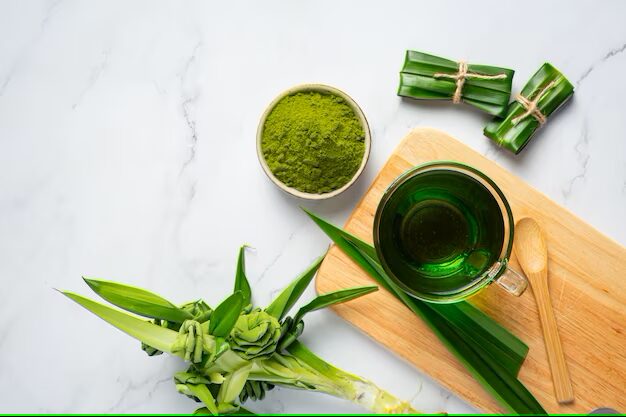10 Foods to Be Cautious of If You’re Prone to Kidney Stones
Kidney stones can be an incredibly uncomfortable and painful condition, affecting millions of people worldwide. These small, hard mineral deposits form in the kidneys and can cause intense pain when they pass through the urinary tract. While genetics and certain medical conditions can contribute to kidney stone formation, dietary choices also play a significant role. If you’re prone to kidney stones, it’s essential to be aware of foods that might increase your risk. Here’s a list of 10 foods you should consider consuming in moderation:
1. Oxalate-Rich Foods
Oxalates can combine with calcium to form kidney stones. Foods high in oxalates include spinach, rhubarb, beets, Swiss chard, and sweet potatoes. While these foods are nutritious, consuming them in excess might contribute to stone formation.
2. Salt-Laden Foods
A high-sodium diet can increase calcium excretion in urine, raising the risk of stone formation. Processed foods, canned soups, and salty snacks should be consumed in moderation to help prevent kidney stones.
3. Animal Protein
Diets rich in animal proteins like red meat, poultry, and eggs can lead to higher levels of uric acid and calcium in the urine, which can contribute to stone formation. Consider balancing your protein intake with plant-based sources.
4. Sugar-Sweetened Beverages
Sugary drinks can lead to dehydration and increase the concentration of stone-forming minerals in urine. Opt for water or herbal tea instead of soda or high-sugar juices.
5. High-Fructose Foods
Foods and beverages with high fructose content, such as sugary snacks, certain fruit juices, and processed foods, can raise uric acid levels and contribute to stone formation.
6. Dairy Products
While some dairy products like yogurt and low-fat milk are recommended, excessive consumption of high-calcium dairy products can increase the risk of calcium oxalate stones. Moderation is key.
7. Caffeine and Alcohol
Both caffeine and alcohol can lead to dehydration, a risk factor for kidney stone formation. Ensure you’re staying adequately hydrated when consuming these beverages.
8. Processed Foods
Processed foods often contain high levels of salt, added sugars, and unhealthy fats. Opt for whole, unprocessed foods whenever possible to reduce your risk of kidney stones.
9. Vitamin C Supplements
Excessive vitamin C supplementation can result in high oxalate levels in the urine, potentially contributing to stone formation. Get your vitamin C from whole foods whenever possible.
10. Fast Foods
Fast food meals are typically high in sodium, unhealthy fats, and refined sugars. Their negative impact on overall health can indirectly contribute to kidney stone risk.
While this list highlights foods that could increase the risk of kidney stone formation, it’s important to note that everyone’s body is different. Working with a healthcare professional or a registered dietitian can help you develop a personalized dietary plan that reduces your risk of kidney stones. In most cases, moderation is key, and maintaining a balanced, whole-foods-based diet is essential for promoting kidney health and overall well-being.











